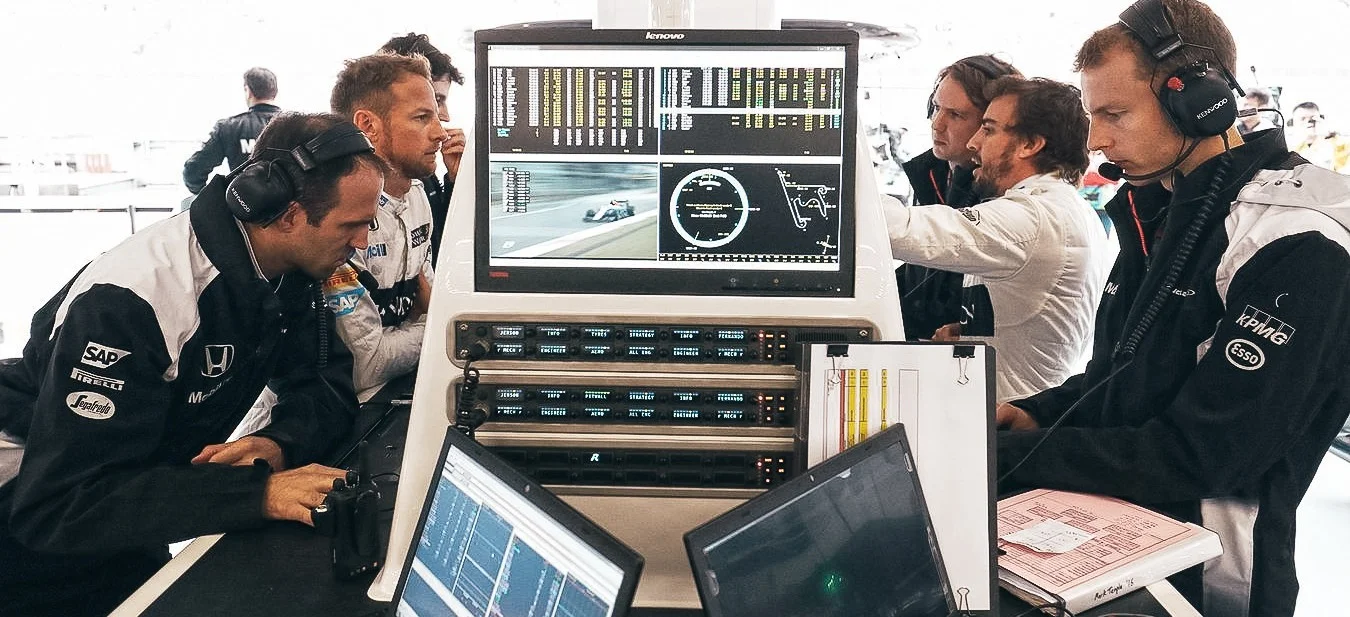As the motorsports industry continues to evolve, the role of performance engineers becomes increasingly crucial. In the world of Formula One, the importance of data analysis cannot be overstated. In this article, we will delve into the role of the F1 Performance Engineer and explore how data analysis plays a vital role in ensuring success on the track.
What Does The F1 Performance Engineer Do?
The performance engineer is responsible for analyzing and improving the car’s speed, efficiency, and lap time. They use various tools and software to collect and process data from the car’s sensors, telemetry, GPS, and simulations.
They also compare the data from different drivers, cars, teams, and tracks to identify areas of improvement and potential advantages.
The performance engineer works closely with the race engineer and the driver to provide feedback and suggestions on how to optimize the car’s setup, driving style, fuel consumption, and energy management.
They also work with the aerodynamics engineer and the engine team to ensure that the car’s power unit and aerodynamic package are well balanced and suited for each circuit.
Performance Engineer Qualifications
A degree in mechanical engineering, aerospace engineering, or a related field is usually required.
Performance engineers also need to have good mathematical skills, computer skills, and data analysis skills.
They also need to have experience working with F1 software and tools, such as CFD software, telemetry software, GPS software, and simulation software.
Performance Engineer Salary
Possible ranges for the annual salary
$70,000 – $120,000
These are only rough estimates and may not reflect the actual salary in F1. The salary may also depend on other factors such as bonuses, incentives, and benefits. F1 engineers also have to work long hours and travel frequently, which may affect their quality of life.

